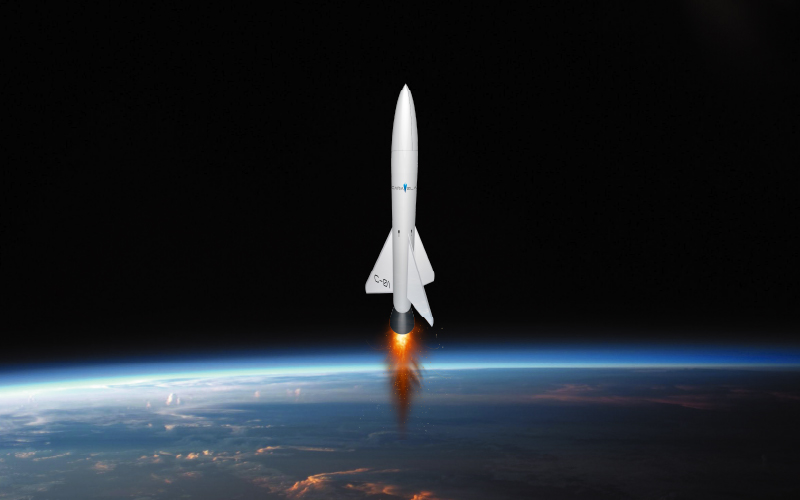Call SICE-MPr/2023/02 - Productive Innovation - Low Density
Individual productive investment operations in innovative activities, promoted by SMEs, in low-density territories.
The CARAVELA project represents a milestone in Portugal's technological progress in the space sector

The CARAVELA project – Development and Demonstration of Building Blocks for Micro-Launchers has been successfully completed, marking a significant step towards national capacity building in the field of space launchers dedicated to small satellites. Led by TEKEVER, the project was promoted by a national consortium and co-financed by COMPETE 2020, with the main objective of developing and demonstrating critical technologies for the main building blocks of micro-launchers.
“CARAVELA represents one of the biggest challenges in the space sector in Portugal,” says Rui Santos, who was responsible for the project. “It requires a capacity for innovation, which has only been made possible by the unprecedented integration of the internationally recognised skills of a wide range of national players and by the support given to the project in the context of the Mobilising Projects,” he adds.
The emergence of new business models in the space sector, particularly the growth of the small satellite market and the associated operational requirements – such as the need to launch on specific dates and into specific orbits – has revealed the limitations of the traditional shared launch model, known as ‘piggyback’. In this model, small satellites are transported as secondary payloads alongside the main satellites, being limited to the latter’s choice of orbit and schedule. The CARAVELA project responded directly to this limitation, proposing technological solutions adapted to the new market reality, often referred to as New Space.
Throughout the project, various key technological components were developed and validated, with the ultimate goal of integration and practical demonstration. CARAVELA culminated in the construction and testing of two sounding rockets: one with a single deck and the other with two decks. These vehicles made it possible to demonstrate the solutions devised during the project in a real environment. The differentiated approach – using two different propulsion principles (liquid and hybrid) – sought to meet the specific requirements of each mission phase, while reducing the risk and costs associated with carrying out a single launch.
“The support from COMPETE 2020 enabled partnerships to be formed between various companies and universities to develop new products and services within the Portuguese space industry,” emphasises Rui Santos, stressing the importance of the financial and collaborative framework that made the project possible.
The consortium involved in CARAVELA brought together a wide range of national organisations with consolidated expertise in the space sector. In addition to TEKEVER and Omnidea, HPS, USIMECA, CEiiA, ISQ and research centres from Portugal’s leading universities, such as IST (UL), FCT-UNL and FEUP, also took part. From an operational point of view, the project also had the contribution of ACTV – Aeroclube de Torres Vedras, an organisation with experience in rocket launches.
The successful implementation of CARAVELA represents an important milestone in Portugal’s positioning as a player in the emerging microlauncher market and in the development of its own technological capabilities for autonomous access to space, paving the way for future initiatives and opportunities in this strategic area.
07 February 2026
Individual productive investment operations in innovative activities, promoted by SMEs, in low-density territories.